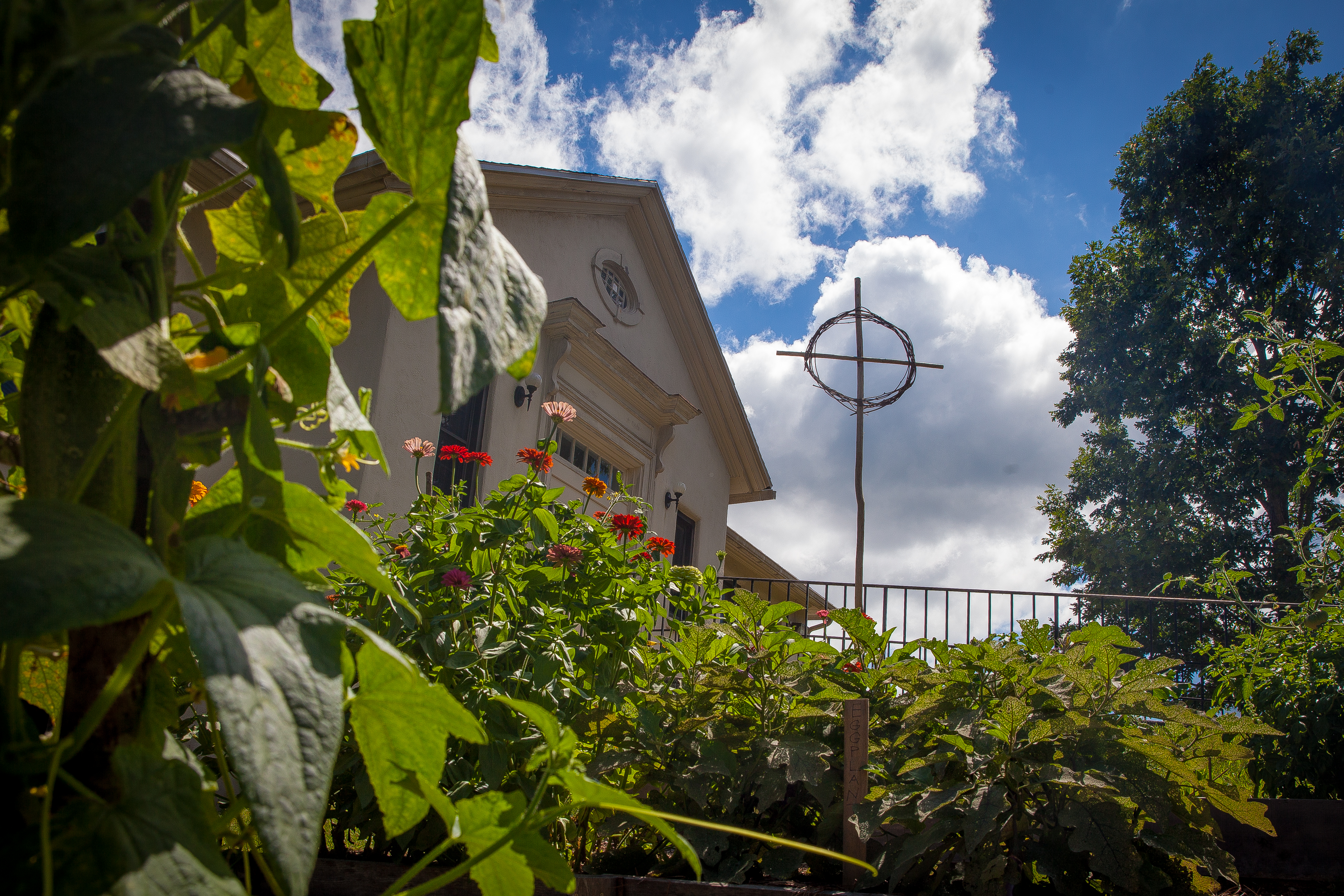With the direction and energy of Joyce Wilding, the then Environmental Coordinator for Province IV of the Episcopal church and friend of Sewanee, The University of the South received a $15,000 grant from the Local Societies Initiative (LSI) of the Metanexus Institution on Religion and Science to develop a three-year series of programs examining the science/religion interface, particularly with respect to environmental issues.
Accordingly, starting in May 2004 Sewanee’s ENTREAT program brought together faculty, students, community members, and invited guests from across the country for reflection, education, and action programs centered on environmental issues facing Sewanee and the region of which it is a part.
The first year focused on land use change, the second on green architecture and construction, and the third and final year on water. One of the most important results of this effort was to create a community of interest and to provide a model of how such a community might address issues of environment and religion.
As ENTREAT drew to a close, the University engaged in a strategic planning exercise considering the role that sustainability and the environment should play in the University’s mission. This process culminated in the fall of 2008 when the University Board of Regents approved an addendum to the 2004 Strategic plan entitled “Strategic Plan for Environmental Education and Sustainable Living,” which called for the University to “attain excellence and national distinction for programs in the study of the natural environment and the disciplined practice of sustainable living.”
Recognizing the unique opportunity afforded by Sewanee’s possessing a 13,000 acre Domain, a vibrant college environmental studies program, and a highly respected school of theology, the document charged the Deans of the College and The School of Theology, in consultation with the Chaplain, to “investigate the possibility of a University-level Center for Religion and the Environment that would facilitate interaction and coordination among the College of Arts and Sciences, the School of Theology, and the Chapel and devise programs in which faculty and students could explore the connections between the environment and religion, both in study and in practice, from a variety of faith perspectives, with a report due in May 2009.” Accordingly, the Center was approved and established that May with Robin Gottfried appointed as its first director.
In that same year the Center received a generous contribution from Sally and Caroline Fuller in honor of their parents, Ilse and Reginald Fuller, who shared a passion for the environment and for the Christian faith. The Ilse & Reginald Fuller Environmental Ministry Fund provides financial aid for those wishing to participate in Center programs but require financial assistance to be able to do so.

